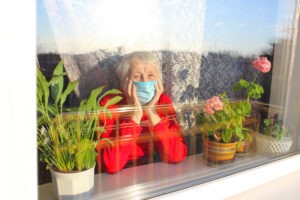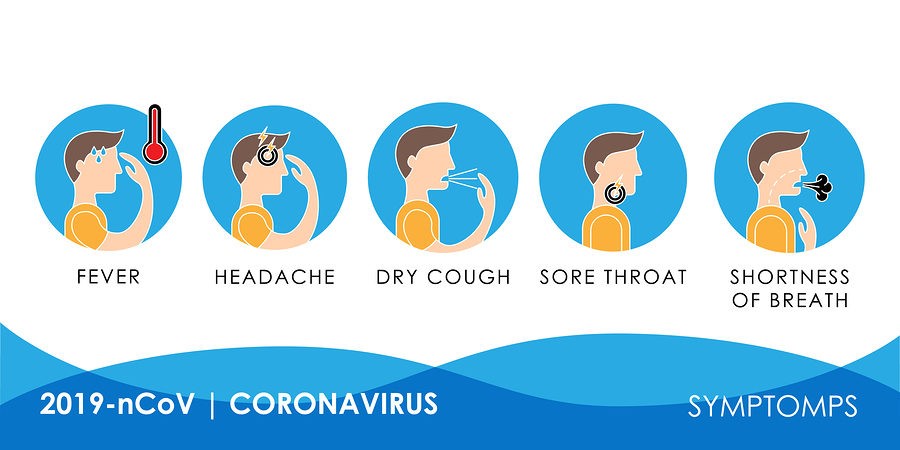Does Your Executor Know What to Do?

Next Avenue’s recent article entitled “Is Your Estate as Planned As You Think?” explains that when you pass away your executor will have many tasks to perform when settling your estate.
It’s helpful to add clarity and lessen the burden of your executor’s work in advance. Look at this list of things to make sure your estate is as planned as you think it is:
Is your will current? If you’ve written your will, how long has it been since you drafted it? Have there been any major changes in your life since that time? If so, it’s likely time to update it. Review your will to make certain that it’s an accurate representation of your assets and your wishes now.
Is your will detailed? Yes, you’ve addressed the big stuff, but what about smaller items with sentimental value? You should list who gets what, to avoid fighting, especially if the executor is one of your beneficiaries.
Do you have a way to distribute your other personal items? You should determine how your family will divide up the possessions not explicitly listed in your will, such as the lawnmower, dishes and photographs. All of it will need to be either distributed by the executor to one of your beneficiaries, donated, or sold.
Are your financial affairs organized? Your executor will need to know if you have any recurring payments, as well as your account number, and online passwords. Create a list of regular monthly bills, along with your account numbers and access codes to simplify your executor’s job.
You will also need to let the executor know about any automatic deductions or charges on your credit card, internet-based subscriptions, club memberships, recurring charitable donations and automatic utility payments.
Making your wishes clear for your executor can help ensure that there’s less stress and an easy distribution of your assets.
Your estate planning attorney can help you address these issues to make things easier for your executor and your family. And while speaking with your estate planning attorney, ask about advance medical directives such as a medical power of attorney, a living will, a HIPAA waiver and whether you should have a trust.
For more information on wills see https://galligan-law.com/understanding-why-a-will-is-important/.
Reference: Next Avenue (Feb. 25, 2020) “Is Your Estate as Planned As You Think?”

